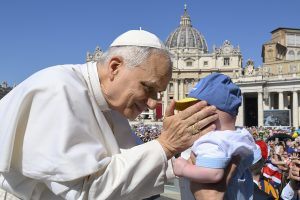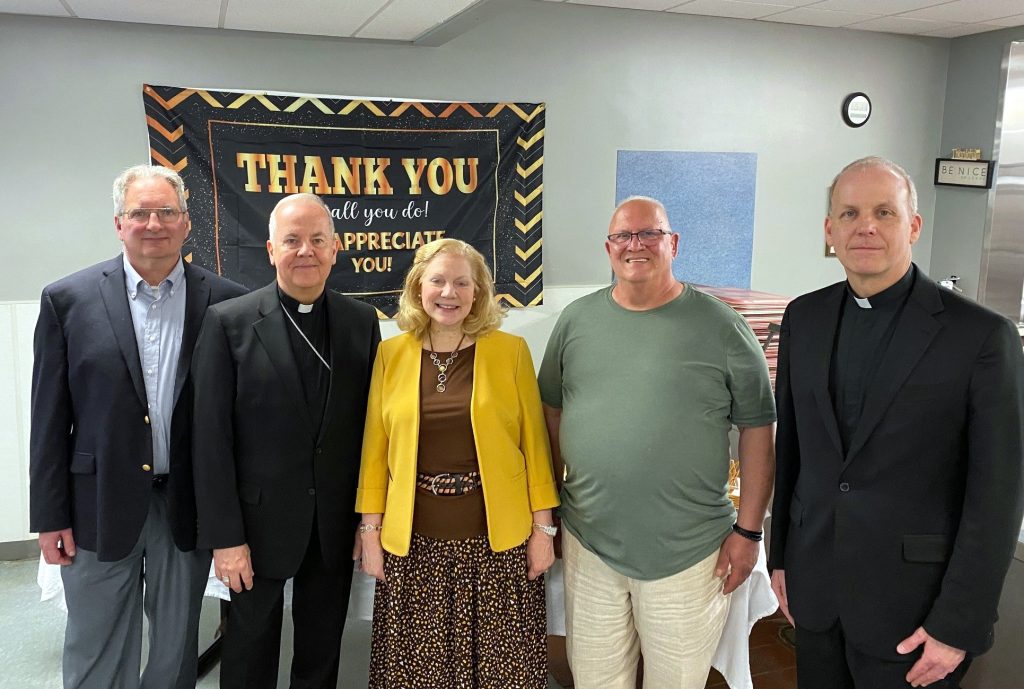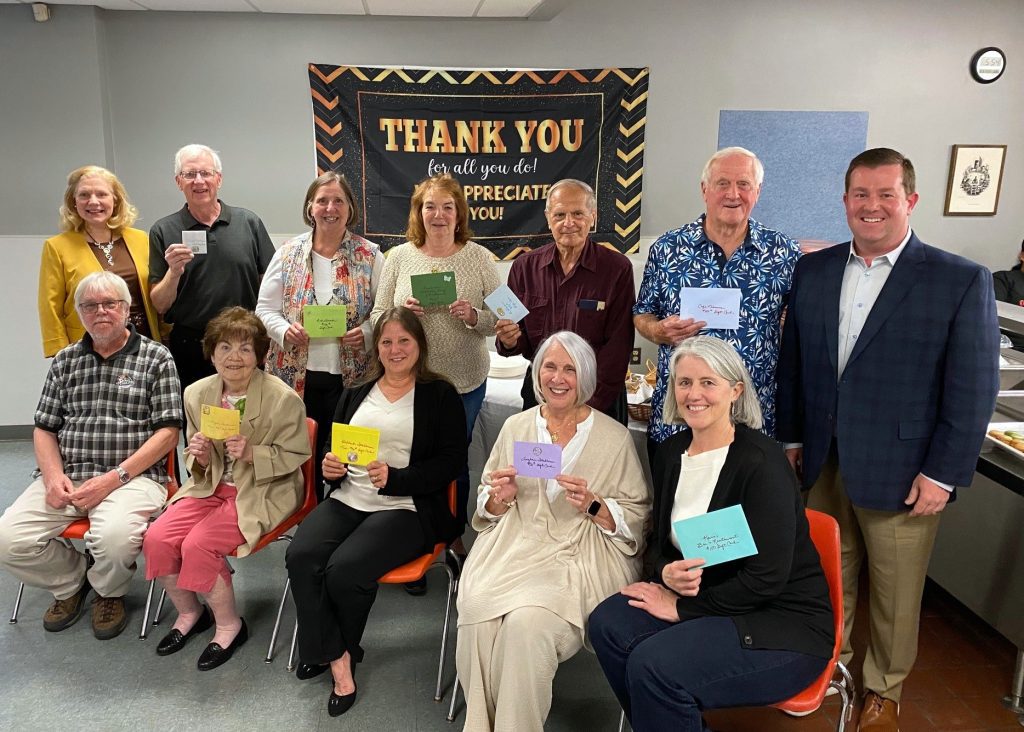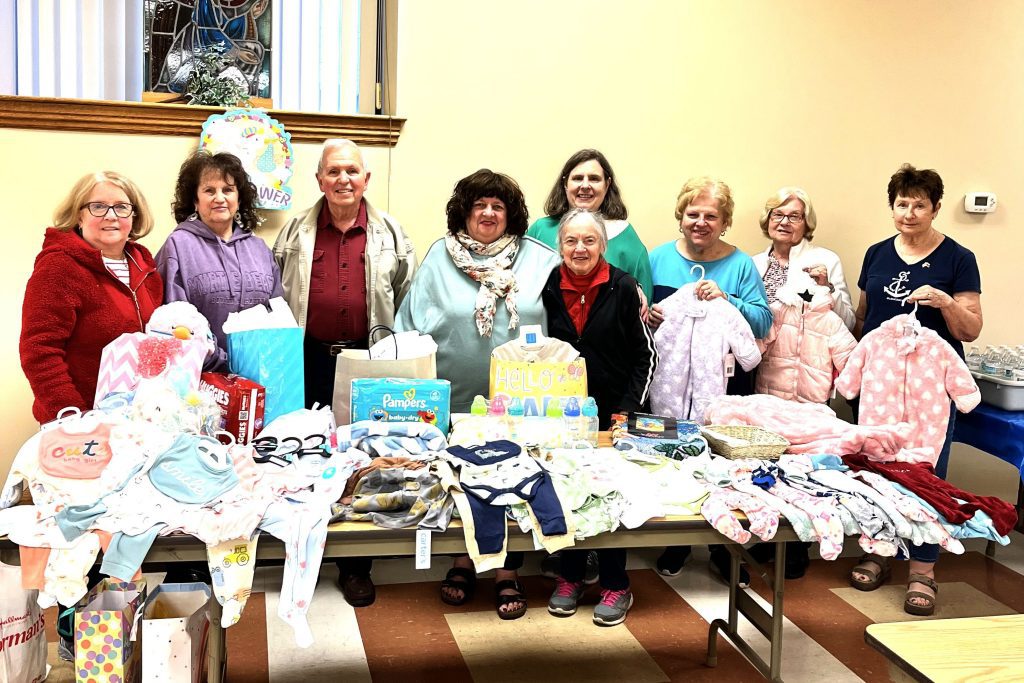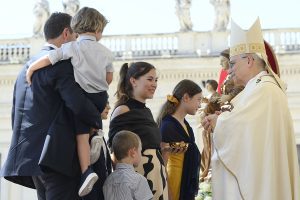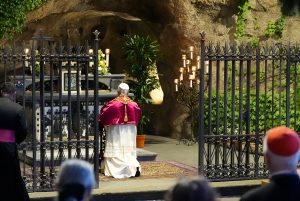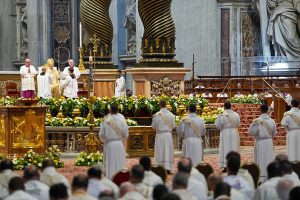WASHINGTON (OSV News) – Pope Leo XIV, as the first U.S.-born pope, may bring unique insight to the problem of polarization in the U.S. and in the U.S. church, analysts told OSV News.
“From what I’ve heard, Rome always has an eye on the U.S. church, but that doesn’t mean that what is going on in the United States is going to shape the ways Pope Leo leads the global church. However, he is going to be more intimately aware of what is happening in the United States and more attuned to the cultural subtleties than previous popes have been,” Maureen Day, a research affiliate at the University of Southern California’s Center for Religion and Civic Culture and that university’s Institute for Advanced Catholic Studies, told OSV News.
Multiple recent academic studies show evidence of growing partisanship and polarization in the U.S. A New York Times analysis even found these trends apparent in moving patterns of Americans who relocate to other neighborhoods, towns or states.
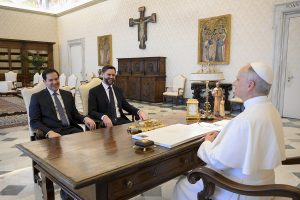
Catholic leaders, including the U.S. bishops, have also observed these trends in the U.S. church.
Father William Dailey, a priest of the Congregation of Holy Cross, lecturer in law at Notre Dame Law School, and St. Thomas More Fellow of the de Nicola Center for Ethics and Culture at Notre Dame, told OSV News the new pontiff “already (has) me thinking less about what divides and more about what does and must unite us.”
Father Dailey cautioned against looking at Leo’s pontificate through an inward lens, and to remember he is the leader of a global church.
“Anyone who comes from a particular culture stands a decent shot at understanding its nuances and particularities better than someone from outside, presumably,” he said. “So we might imagine that in working with the U.S. bishops and in appointing them he’ll have a better than usual sense of our challenges and how he might hope to offer guidance. He also brings a better sense of the global church to that conversation than many of us here would, which might help complement his insights about the U.S. church and what we might think are unique challenges or priorities for us but he might see as part of something larger.”
The political and social views of the former Cardinal Robert Francis Prevost were among the subjects some Catholics were eager to find clues to when he became pontiff. A review of a social media account previously used by the now-pope critical of the Trump administration’s immigration policy, but also posts critical of abortion and the death penalty, calls for a greater effort to address gun violence in the U.S., as well as prayers for healing and an end to racism after the murder of Minneapolis man George Floyd, whose death in police custody sparked unrest.
Both Father Dailey and Day suggested that in each of those subjects, the posts suggested an alignment with church teaching.
His posts “look like he puts his faith first and lets the politics fall into place,” Day said, while Father Dailey noted, “There’s very little in his tweeting in his own voice, as far as I can tell.”
“He retweeted articles that made basic points about the church being pro-life further in the past, and basic points about the church caring for immigrants and the poor more recently — these should not be polarizing among believing Catholics,” Father Dailey said of now-Pope Leo. “I imagine he agreed with the contents of the retweets, but I don’t see it as him wading into partisan politics then, and doubt he would do so now.”
Day added, “I think Pope Leo will be very clear on what the church teaches without ending conversations with those who see things differently. In a spirit of synodality, I think he will want to start a lot of conversations and make room for people to grow and surprise us.”
“He’s not going out of his way to excite one side or another,” Father Dailey said, arguing that Pope Leo’s early actions appear to be “about being Christ-centered.”
“So far, the tone that Leo has established has been interesting and calm,” he said. “Remember the great fanfare around Francis choosing a unique name and dressing a bit differently from his predecessors — it’s no criticism of those choices to note that people made a huge deal about them (some happy, some unhappy) whereas so far with Leo there’s a sense of his quietly surrendering himself into this unique and incomprehensibly demanding office — not without a vision but very much not making a splash.”
Day added that the late Pope Francis “was often dismissed by those who disagreed with him as simply not understanding the U.S. context,” and for some of those critics, when Pope Leo “weighs in on issues that are occuring within American public life,” they may see him more as a voice who carries “the weight of an insider.”

